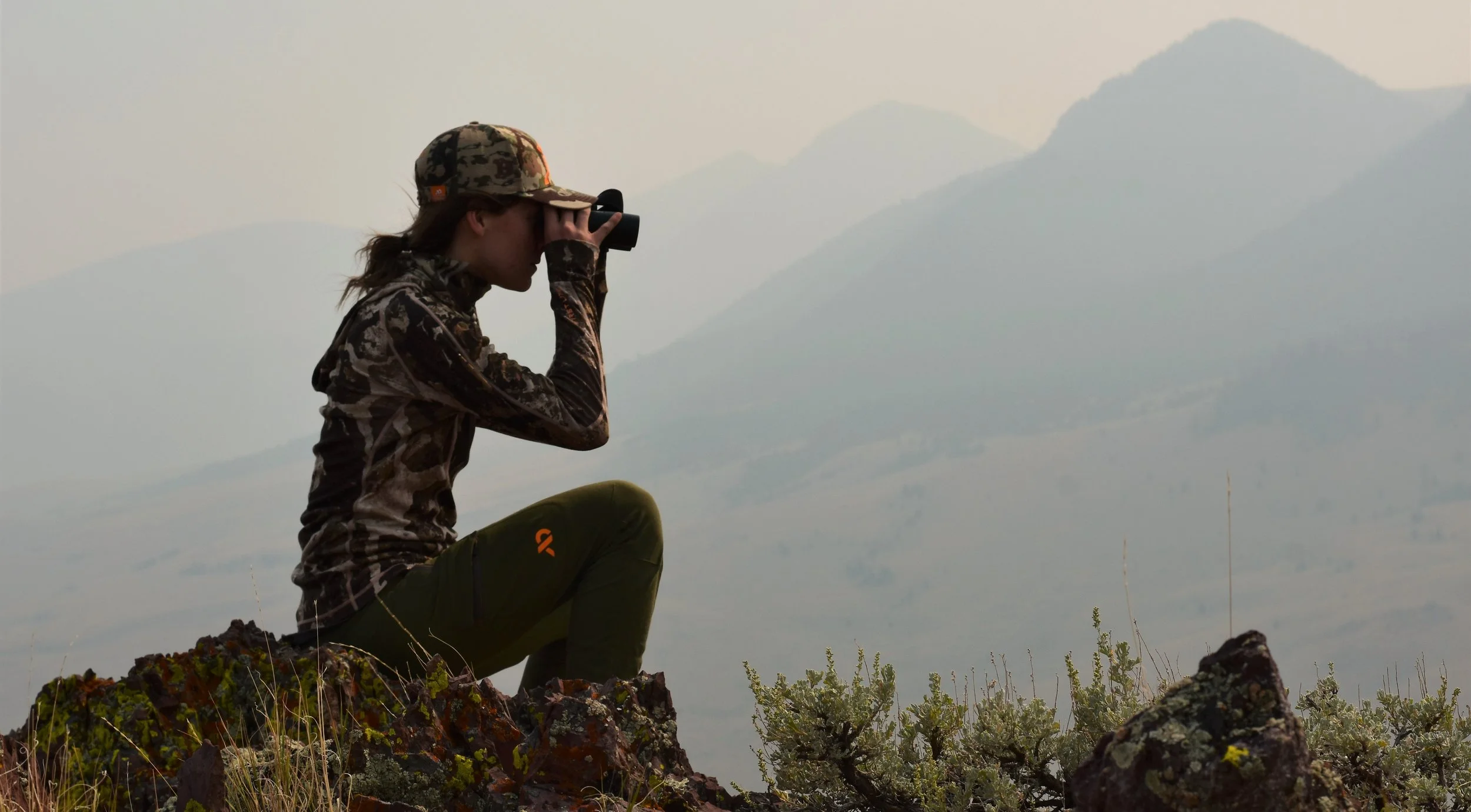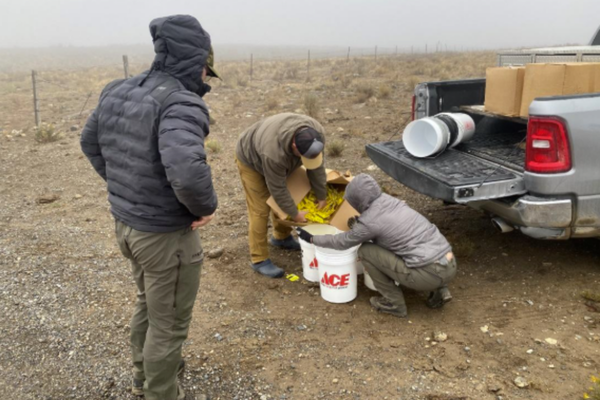S.3119 May Be a Short-term Fix, but One That Is Needed Now
The Columbia basin salmonid populations are plummeting due to several causes – ocean and river harvest methods, dams, ocean conditions, warming rivers and reservoirs, and predation by artificially inflated predator populations to name a few. Many of these issues are complex, requiring long-term fixes while some can and need to be addressed right now.
Idaho’s fish do not have the luxury of time while we work to address the larger issues affecting them. This last year only 180 breeding pairs of wild B-run steelhead returned to Idaho’s 2,600 miles of habitat. Idaho’s wild chinook recovery goal is 80,000. In 2015, 21,000 returned. In 2016 – 15,900. In 2017 – only 5,793. These species are not only listed under the ESA, they are declining. Anglers are frustrated. Idaho communities are losing income.
That is why IWF stands with Governor Otter and supports Senator Risch’s S.3119, to amend the Marine Mammal Protection Act of 1972 to allow the culling of artificially inflated pinniped populations that have had a measured impact on multiple seasonal salmonid “runs” – both adult fish and out-migrating juvenile salmonids. Predation by pinnipeds has increased dramatically. Researchers estimate 20 percent of the entire spring chinook run is consumed by pinnipeds. More recent research by NOAA Fisheries has found that number even higher.
We reiterate that this is a short-term “band-aid” solution. Predation on salmon by pinnipeds is natural in many regions. However, the Bonneville dam bottle-necks fish, allowing unnatural pinniped proliferation where there was none before, further increasing salmon predation. Considering the dire situation salmonids are in, while pinnipeds are not, S.3119 is an approrpiate emergency room measure that will have short-term benefits.
See the letter we sent out congressional delegation and Governor below.





